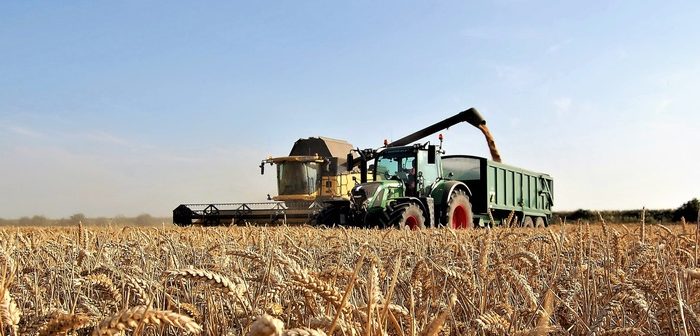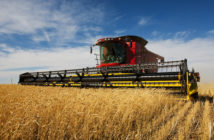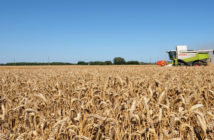The European grain markets have continued to come under pressure from competitive Black Sea exports and global recessionary concerns last week. Milling wheat in Paris was down 3.9% over the last week closing €286.25/t on Friday.
Domestic grain prices followed the continental markets down this week with UK feed wheat (May-23) fell 3% over the week closing at £232.65/t. New crop futures fell 1% over the same period closing at £227.65/t on Friday. Delivered feed wheat into East Anglia for January delivery was quoted at £228.50/t on Thursday down £10.00/t on the week. Bread wheat for delivery into the North West for January was quoted at £309.50/t.
According to AHDB cereal usage data published last week GB animal feed production hit a 6-year low from July to November and was down 5% on year earlier levels, at 5.412m tonnes. With a reduction in animals feed production comes a fall in cereal usage for the July to November period, wheat usage in total feed production fell 3%, while barley usage was down 27% on the year.
UK human and industrial usage data was also released last week. Total wheat milled from July-November was down 0.7% on the year. However, barley and wheat usage by brewers, maltsters and distillers was up 5.8% and 13.7% respectively.
Beans
Human consumption values remain unchanged week on week, with Egypt still struggling for access to US dollars. Feed beans are also unchanged. There is reasonable domestic demand with a small amount of export opportunities. They are still looking good value against other mid-range proteins as those markets are firm. The Australian harvest is almost complete and exports are being offered aggresively, undercutting UK beans by around $50/t.
Peas
UK feed pea demand continues to be subdued in the early parts of 2023 as consumers have bought plenty of cover. There is a small amount of export demand, and UK prices are competitive. Domestic demand for human consumption green and yellow peas is increasing, as vegan and vegetarian demand rises.




